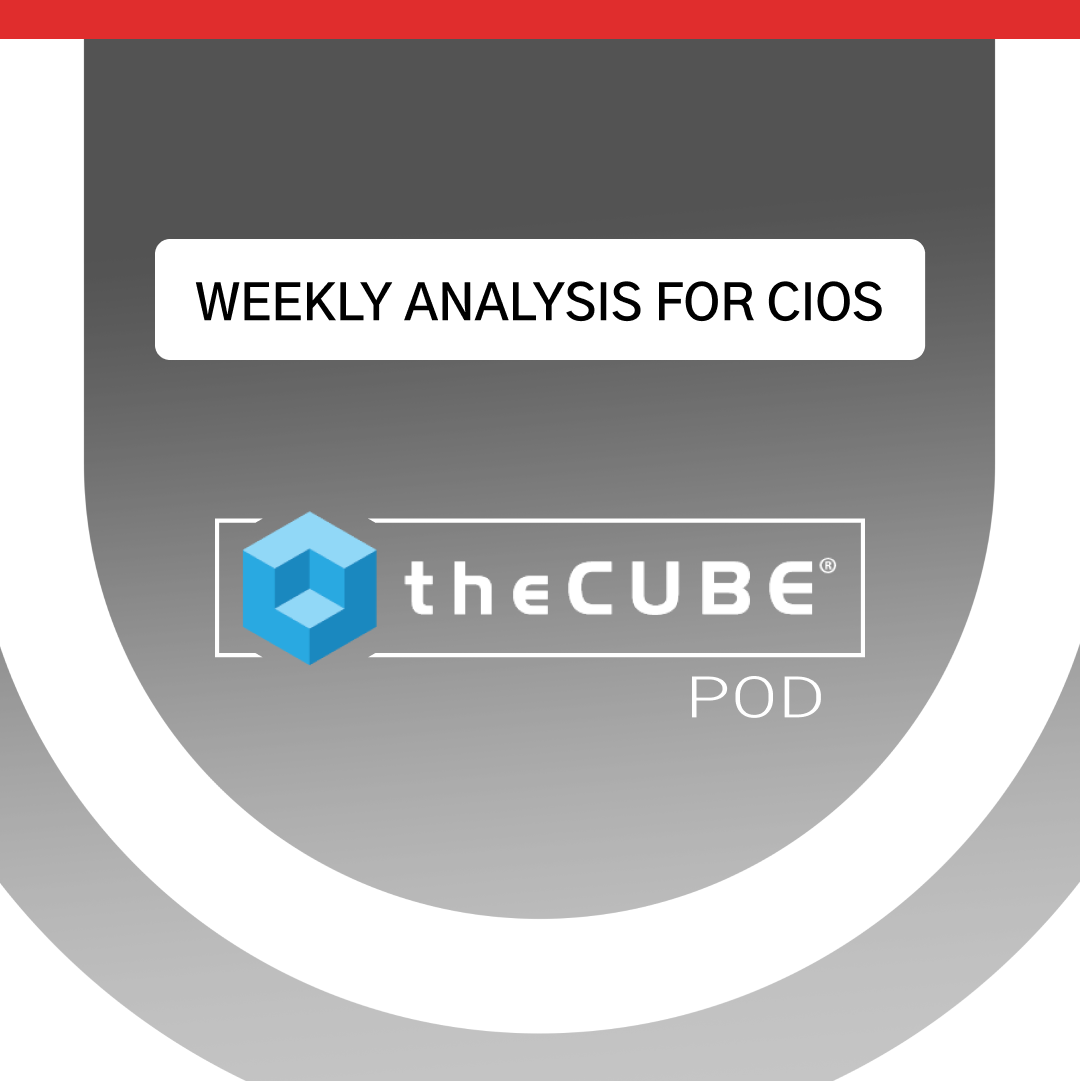Microsoft Joins Hadoop Party, Adds Support to SQL
![]() Apache Hadoop has been widely used by enterprises for big data management and making major gains these days, with Microsoft being the latest to join the cloud club. Microsoft announced the integration of open source Hadoop framework support to its SQL Server database and Parallel Data Warehouse platform. This will help organization to process large scale data processing.
Apache Hadoop has been widely used by enterprises for big data management and making major gains these days, with Microsoft being the latest to join the cloud club. Microsoft announced the integration of open source Hadoop framework support to its SQL Server database and Parallel Data Warehouse platform. This will help organization to process large scale data processing.
Microsoft plans to release the framework in the Community Technology Previews (CTPs) using Hadoop connectors. The CTP will vehicle a Hadoop connector for SQL Server. The connector will allow the transfer of data between Hadoop and Microsoft’s two SQL Server products, supporting both structured and unstructured data.
The official SQL Server Team blog of Microsoft confirmed the news. “Our customers have been asking us to help store, manage, and analyze both structured and unstructured data — in particular, data stored in Hadoop environments,” Microsoft said on its blog. “With the new connectors, customers will be able to interchange data between Hadoop environments, SQL Server and Parallel Data Warehouse.”
Microsoft’s latest move is in line with other data warehousing vendors such as EMC Greenplum and Teradata, which already included Hadoop on their platforms. Dell is all about expanding its open cloud offerings, lending its support to Cloudera shortly after launching the Dell OpenStack Cloud Solution. The cloud solution is designed to run on Dell PowerEdge C servers and Rackspace Cloud Builder.
Earlier last month Informatica released Informatica 9.1, open source cloud Hadoop solution. It’s designed to help customers monetize their social media and transactional history data. Informatica 9.1 works with Hadoop MapReduce tools and supports data warehousing systems by Oracle, IBM, EMC and others.
![]() Remarkably Microsoft has started creating its own MapR-based alternative, a competitor to Hadoop solution, called Daytona. Microsoft is also offering a data analytics as a service with a product called Excel DataScope. Both of these products are designed to work with Microsoft’s Azure data analytics platform and supports hundreds of server cores for analysis of distributed data.
Remarkably Microsoft has started creating its own MapR-based alternative, a competitor to Hadoop solution, called Daytona. Microsoft is also offering a data analytics as a service with a product called Excel DataScope. Both of these products are designed to work with Microsoft’s Azure data analytics platform and supports hundreds of server cores for analysis of distributed data.
Microsoft also recently released the second beta of its other Hadoop alternative LINQ to HPC, formerly known as Dryad. LINQ is used widely in Bing and will be available in Microsoft Windows HPC Server 2008 clusters too. LINQ to HPC works with SQL Server 2008, SQL Azure, SQL Server Reporting Services, SQL Server Analysis Services, PowerPivot, and Excel.
Microsoft is betting heavily on its extended Azure solution. Its Windows Azure Table Storage is a challenger to Google’s BigTable or Hadoop’s data store Apache HBase. These moves would lead Microsoft to attract more small business users to Azure, and provides an easy way to jump to its own offerings as a ‘Big Data’ solution provider, which Microsoft is currently lacking.
A message from John Furrier, co-founder of SiliconANGLE:
Your vote of support is important to us and it helps us keep the content FREE.
One click below supports our mission to provide free, deep, and relevant content.
Join our community on YouTube
Join the community that includes more than 15,000 #CubeAlumni experts, including Amazon.com CEO Andy Jassy, Dell Technologies founder and CEO Michael Dell, Intel CEO Pat Gelsinger, and many more luminaries and experts.
THANK YOU













